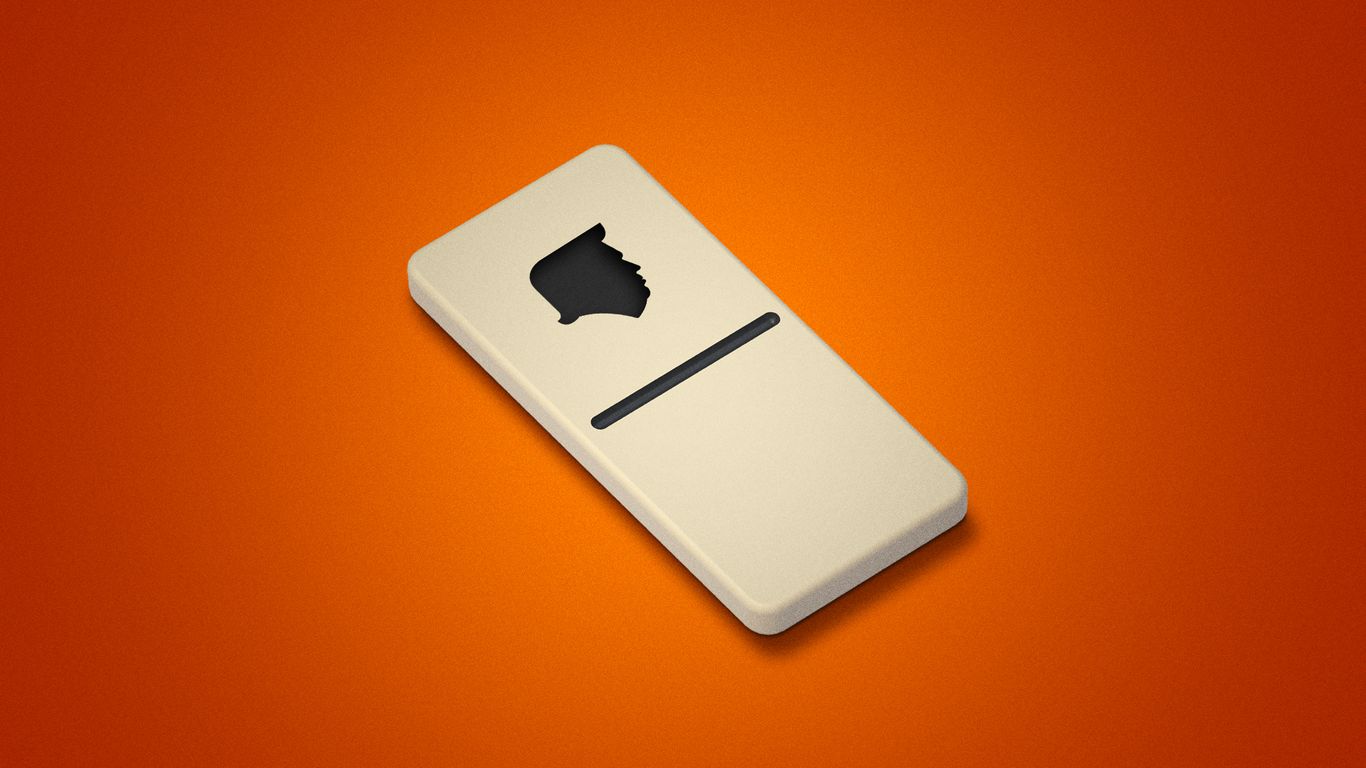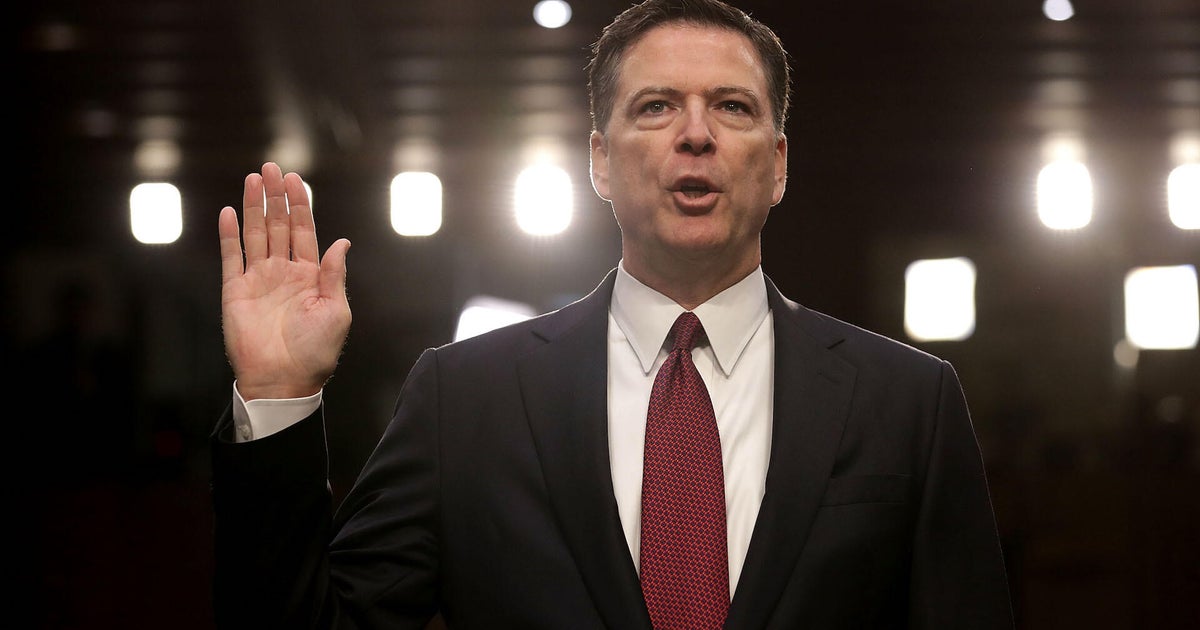Comey’s Legal Strategy Targeting Lindsey Halligan: Politics and Prosecution

Comey’s Legal Strategy Against Lindsey Halligan
As FBI Director James Comey prepares for his January trial on allegations of lying to Congress, his defense team is intensifying efforts to challenge the prosecution. Central to this strategy is targeting Lindsey Halligan, the interim U.S. Attorney appointed by President Donald Trump. By questioning Halligan’s role and decisions, Comey’s team aims to destabilize the prosecution’s case and create reasonable doubt about the motivations behind the charges.
The Role of Political Influence in the Trial
Halligan’s appointment by Trump has raised concerns about political bias influencing the investigation. Comey’s defense is leveraging these concerns to argue that the prosecution may be driven by partisan interests rather than purely legal grounds. This tactic reflects a broader trend where defendants challenge the credibility of prosecutors linked to politically charged administrations.
Potential Implications for the Case
If successful, Comey’s challenge to Halligan could undermine the prosecution’s credibility and complicate the trial proceedings. It highlights the ongoing tension between law enforcement and political appointees, shaping public perception of justice in high-profile cases.
About the People Mentioned
James Comey
James Brien Comey Jr. (born December 14, 1960) is an American lawyer who served as the seventh Director of the Federal Bureau of Investigation (FBI) from September 2013 until his dismissal in May 2017. Before leading the FBI, Comey held prominent roles in the U.S. Department of Justice, including U.S. Attorney for the Southern District of New York (2002–2003) and Deputy Attorney General (2003–2005), the latter being the second-highest position in the DOJ. After leaving government service in 2005, he worked as general counsel for Lockheed Martin and Bridgewater Associates, and was a scholar at Columbia Law School[1][3][4]. Appointed by President Barack Obama, Comey’s tenure as FBI director was marked by high-profile investigations. He oversaw the inquiry into Hillary Clinton’s use of a private email server while Secretary of State. In July 2016, he publicly criticized Clinton’s judgment but cleared her of criminal charges. However, shortly before the 2016 presidential election, Comey controversially announced the reopening of the investigation based on new emails, which many analysts believe influenced the election outcome that favored Donald Trump[1][2][5][9]. Under President Trump’s administration, Comey confirmed the FBI’s investigation into possible Russian interference and contacts with the Trump campaign. This period included Comey’s public refutation of Trump’s unsubstantiated wiretapping claims. On May 9, 2017, President Trump abruptly fired Comey, a decision that drew extensive media attention and political debate[2][5]. Most recently, in September 2025, Comey was indicted by a federal grand jury on charges of making false statements and obstruction[9]. His career remains significant in discussions of U.S. law enforcement and political history.
Donald Trump
Donald John Trump, born June 14, 1946, in Queens, New York, is an American businessman, media personality, and politician. He graduated from the University of Pennsylvania’s Wharton School in 1968 with a degree in economics. In 1971, he took over his family’s real estate business, renaming it the Trump Organization, through which he expanded into building and managing skyscrapers, hotels, casinos, and golf courses. Trump gained widespread fame as the host of the reality TV show *The Apprentice* from 2004 to 2015, which helped establish his public persona as a successful entrepreneur. Trump entered politics as a Republican and was elected the 45th president of the United States, serving from 2017 to 2021. His presidency was marked by significant policy actions including tax cuts, deregulation, the appointment of three Supreme Court justices, renegotiation of trade agreements (notably replacing NAFTA with the USMCA), and a focus on immigration control including border wall expansion. He withdrew the U.S. from international agreements such as the Paris Climate Accord and the Iran nuclear deal, and engaged in a trade war with China. His administration’s response to the COVID-19 pandemic was criticized for downplaying the virus’s severity. Trump was impeached twice by the House of Representatives—first in 2019 for abuse of power and obstruction, and again in 2021 for incitement of insurrection—but was acquitted by the Senate both times. After losing the 2020 election to Joe Biden, Trump challenged the results, culminating in the January 6, 2021, Capitol riot. He remains a central figure in American politics, having won the 2024 presidential election and returned as the 47th president in 2025, continuing to promote policies aimed at economic growth, border security, and military strength[1][2][3][4].
About the Organizations Mentioned
FBI
The Federal Bureau of Investigation (FBI) is a premier law enforcement agency in the United States, renowned for its role in protecting the nation from domestic and international threats. Founded on July 26, 1908, as the Bureau of Investigation, it was initially tasked with addressing land fraud and corporate malfeasance under President Theodore Roosevelt[1][2]. Over time, its mandate expanded significantly, particularly with the passage of the Mann Act in 1910, which allowed federal jurisdiction over certain moral offenses[1][4]. ### History and Evolution The FBI underwent significant transformation under J. Edgar Hoover, who became its director in 1924. Hoover implemented strict hiring standards and enhanced operational capabilities, transforming the agency into a robust investigative force[1][4]. The FBI's name was officially changed to the Federal Bureau of Investigation in 1935[5][6]. Throughout its history, the FBI has faced challenges, including concerns about potential abuses of power, but it has consistently demonstrated its value in national security and law enforcement[3][4]. ### Key Achievements The FBI has been instrumental in combating various crimes, including white-collar offenses, civil rights violations, and national security threats. Notable achievements include its role in enforcing the Espionage Act during World War I and its investigations into organized crime throughout the 20th century[2][4]. ### Current Status Today, the FBI is a sophisticated agency with over 37,100 employees, including special agents and professionals in various fields such as intelligence analysis and cybersecurity[5]. It operates in 55 field offices across the U.S. and has an international presence in 81 nations[5]. The FBI continues to evolve, addressing emerging threats like cybercrime and terrorism while maintaining its commitment to justice and integrity. ### Notable Aspects The FBI is known for its rigorous training programs at the FBI Academy in Quantico, Virginia, and its advanced forensic capabilities at the FBI Laboratory. Its work in business and technology includes


















